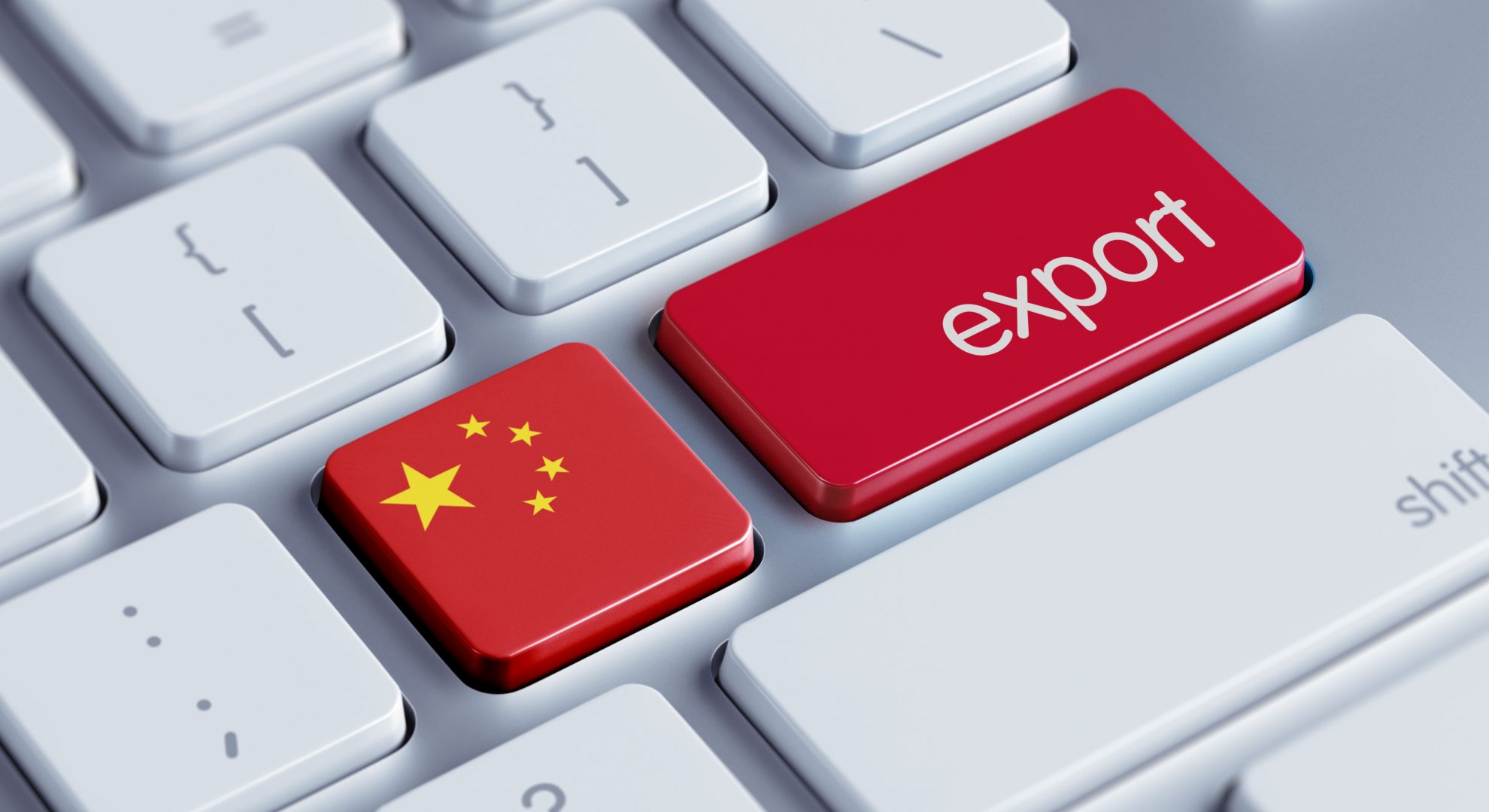China is a huge potential market for exports from the UK and many businesses are looking at taking the first steps towards selling their products to Chinese consumers, particularly in a post-Brexit world where we are told that the world is our oyster. For many, one of their first tasks will be to look at localising their marketing content and buying a website translation to Chinese.
What is the potential market for exporting to China?
According to the Department for International Trade, the UK exported over £23 billion of goods and services to China in 2018[1], providing a huge market for the UK. There is a huge focus on importing goods and services in order to support the domestic market – the growing Chinese middle class are on the lookout for safe, high-quality international products. With Chinese GDP growing at roughly 6% in the first half of 2019, and retail sales increasing at a rate of 8%[2], the numbers only serve to strengthen the case for making a move towards exporting to China.
So, you’ve decided to attempt to break into the Chinese market – what do you need to know? Here at STAR, I’ll admit that we’re not specialists in the business side of exporting, but we can provide support in a fairly key area: Translation.
Although admittedly an old statistic now, with the report having been initially published in 2014, the Common Sense Advisory Committee surveyed over 3000 consumers in ten countries testing the hypothesis that companies can increase sales by translating products and websites. The findings were conclusive, “the more local-language content throughout the customer experience leads to a greater likelihood of purchase.”[3]
Which variant of Chinese do you need?
There are many dialects spoken across mainland China, Hong Kong, Taiwan and Singapore, but the most common Chinese languages are Mandarin and Cantonese. To further complicate matters, Chinese can be written down using one of two scripts; either Simplified Chinese or Traditional Chinese. The STAR Group has offices in Taiwan, Beijing and Shanghai so we’re perfectly placed to advise on the variant needed for your target market. However, in most cases, the language needed is Mandarin Chinese, using Simplified Chinese script.
What do you need to consider before translation?
There is one main consideration for businesses looking to buy a website translation to Chinese: The Advertisement Law of the People’s Republic of China. It came into force on 1st September 2015, and a full English translation by the World Intellectual Property Organisation (WIPO) can be found here https://wipolex.wipo.int/en/legislation/details/15654
What is the Advertisement Law and does it affect me?
In summary, the law aims to protect consumers and standardise advertising activities in China. Stiff penalties can be imposed for non-compliance with the new law (up to 2,000,000 RMB), and the minimum fine is 100,000 RMB. In terms of content, the most important thing to be aware of is the stipulation that advertisements “should be truthful and lawful” and “should not contain false or misleading content, or cheat or mislead consumers”. Generally, this is in line with many other advertising guidelines in the UK that we follow without realising; however, there are a few other clauses that you may need to be aware of:
- The overt or covert use of national flag, anthem or emblem of People’s Republic of China or military flag, anthem or emblem is forbidden in advertisements.
- The Chinese characters for “national-level” or “State-level”, “the most” or “highest-grade”, and “the best” (among others) must not be used in advertisements.
This last point has been understood as “no exaggerations allowed”, but you should be aware that there is no list of banned expressions, and that it falls to Chinese judges to rule on expressions which violate the Advertisement Law.
What does it mean for you?
The Advertisement Law states that it is the advertiser’s responsibility to check their content for compliance with this law.
Our translation team in China are aware of this Advertisement Law and all of its stipulations and can provide guidance on checking for compliance; however, we cannot assume any responsibility for the compliance of advertisements.
We advise that the best way to ensure the compliance of your advertisements in China is to make sure that your content creators are aware of the requirements. Avoiding exaggerations and forbidden expressions in your source text is a huge help for translators trying to create a compliant advertisement.
If you have any questions or would like to discuss a potential website translation to Chinese, please send us a message.
Author: Bethanie Melly, Senior Project Manager
References:
[1] “Exporting to China”, Department for International Trade, https://www.great.gov.uk/markets/china/, accessed 13th August 2019
[2] “Economic and Trade Information on China, Hong Kong Trade Development Council, http://china-trade-research.hktdc.com/business-news/article/Facts-and-Figures/Economic-and-Trade-Information-on-China/ff/en/1/1X000000/1X09PHBA.htm, accessed 13th August 2019
[3] “Can’t Read, Won’t Buy”, CSA Research, https://insights.csa-research.com/reportaction/8057/Marketing, accessed 13th August 2019
